On November 4, 2024, the International House of Japan and the Chey Institute for Advanced Studies co-hosted the Japan-Korea Economic Cooperation Conference. Opened with greetings by James Kondo, President of the International House of Japan, and Kim Yoosuk, President of the Chey Institute for Advanced Studies, the conference brought together experts to discuss shared challenges and future possibilities for collaboration between Japan and Korea.
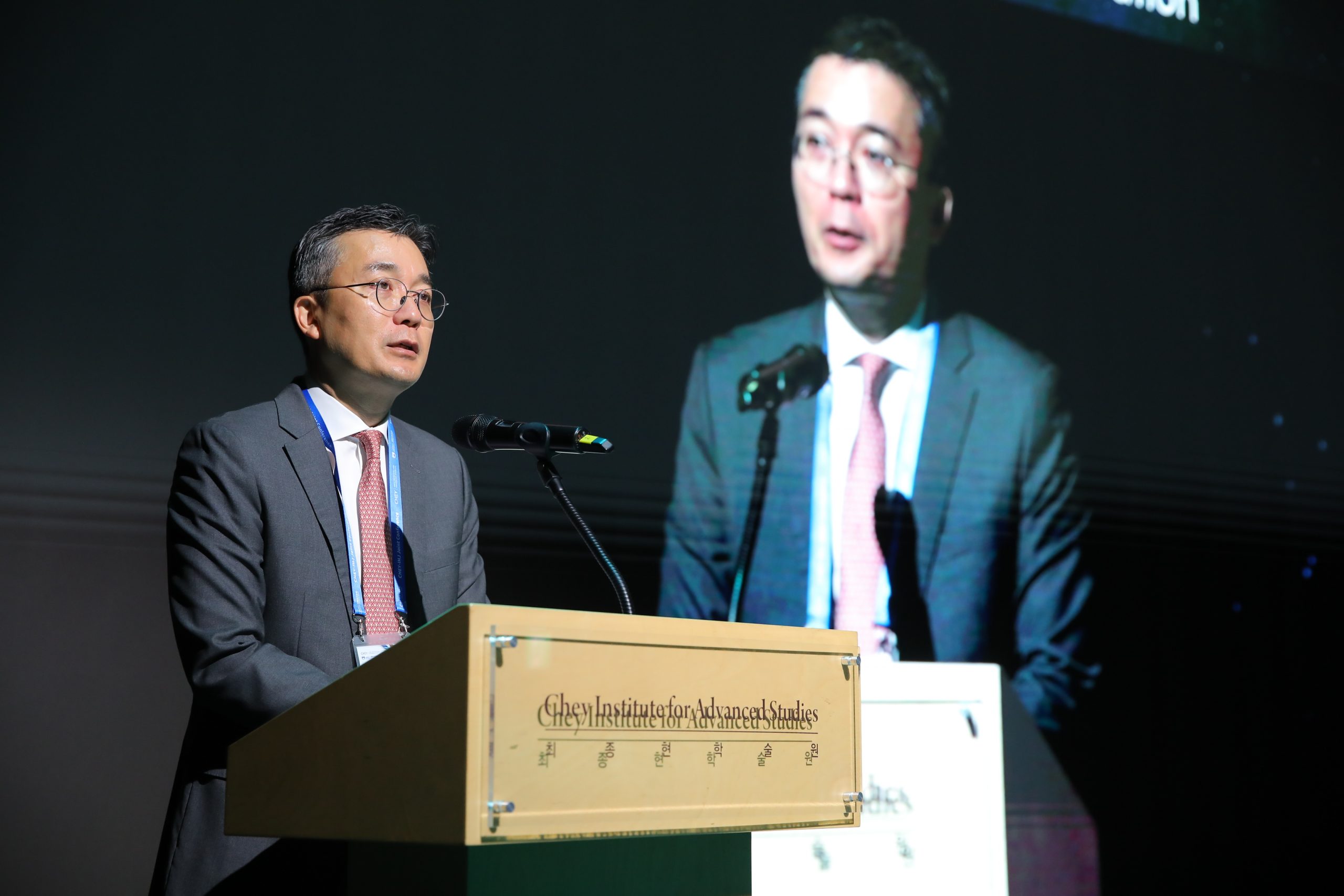
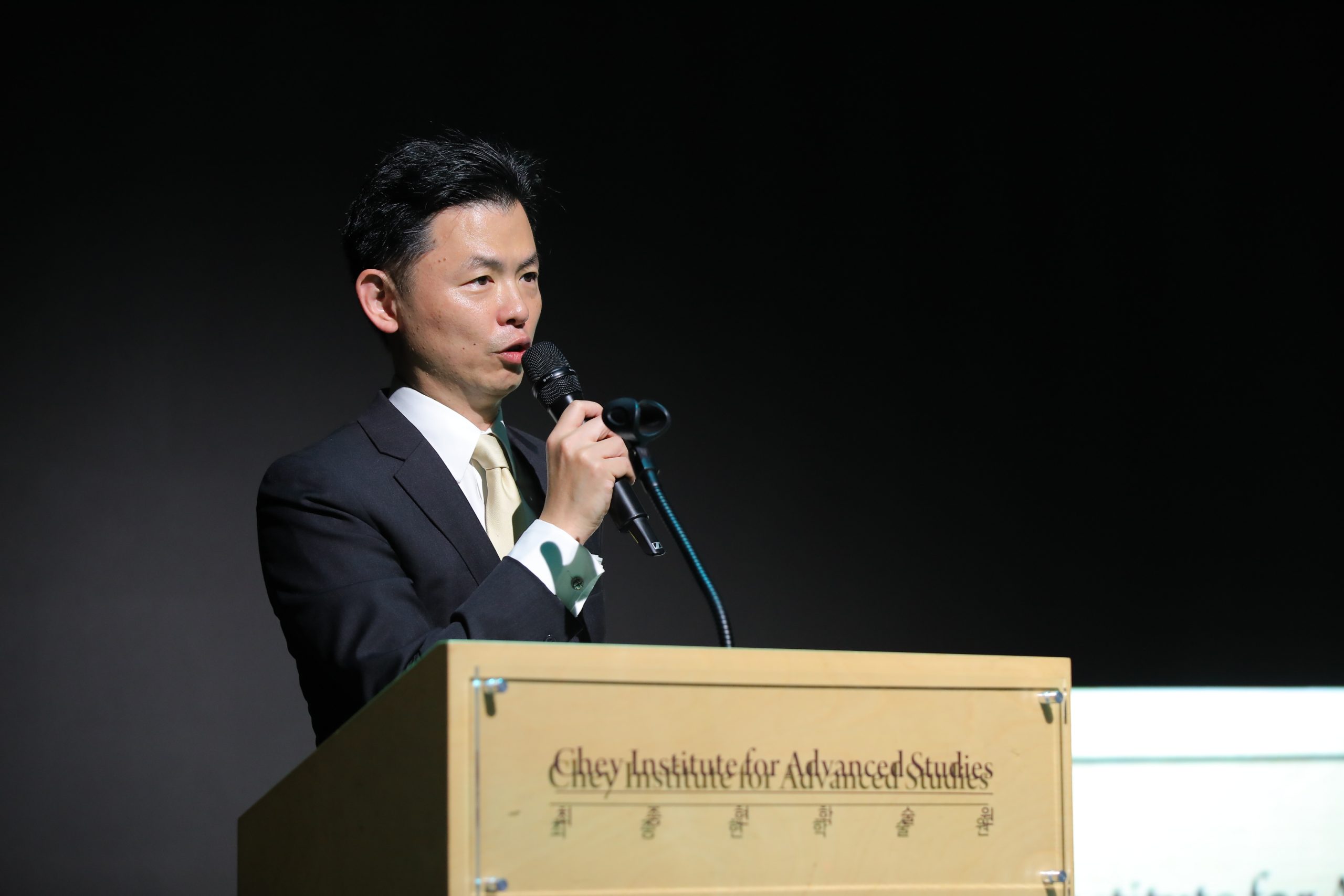
In the keynote speech, former Ambassador to Japan, Yun Dukmin, addressed the history and current state of Japan-Korea relations. From the normalization of diplomatic relations in 1965, Japan and Korea have built a robust partnership, evolving through various challenges. Ambassador Yun emphasized the importance of continuing to strengthen the relationship, which is grounded in shared values of democracy and market economy, to address global issues collaboratively.
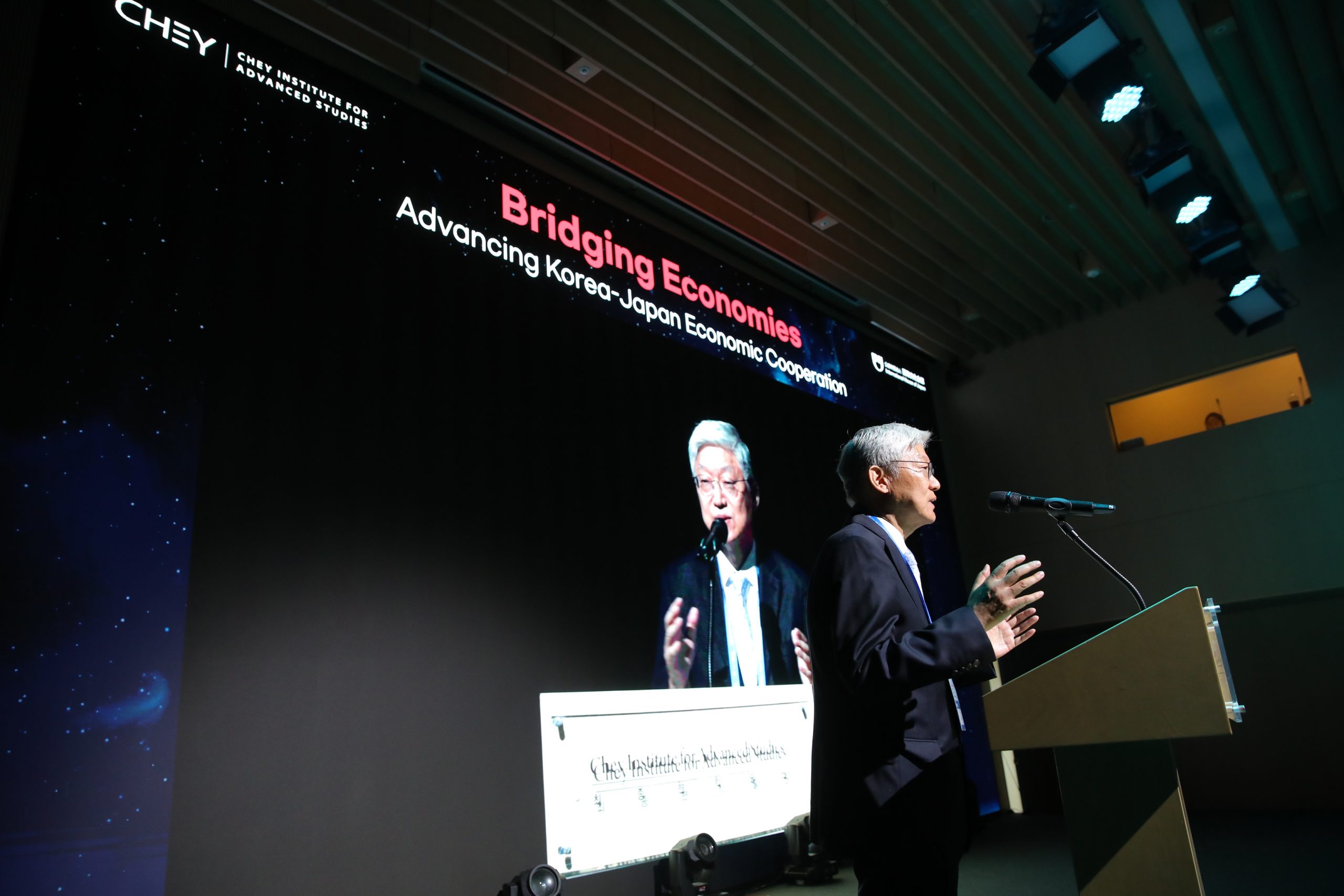
Session 1: Japan-Korea Relations through the Startup Ecosystem
The first session focused on the startup ecosystems in Japan and Korea, highlighting their role in addressing mutual societal challenges, such as declining birth rates and food security. Naoyuki Maekawa, Director General of JETRO Seoul Office, and Hanju Lee, CEO of Bespin Global, noted the competitive advantage that could be gained from collaboration between startups in both countries. Potential synergies in the AI and robotics sectors were also discussed, with emphasis on the importance of easing regulations to foster further innovation.
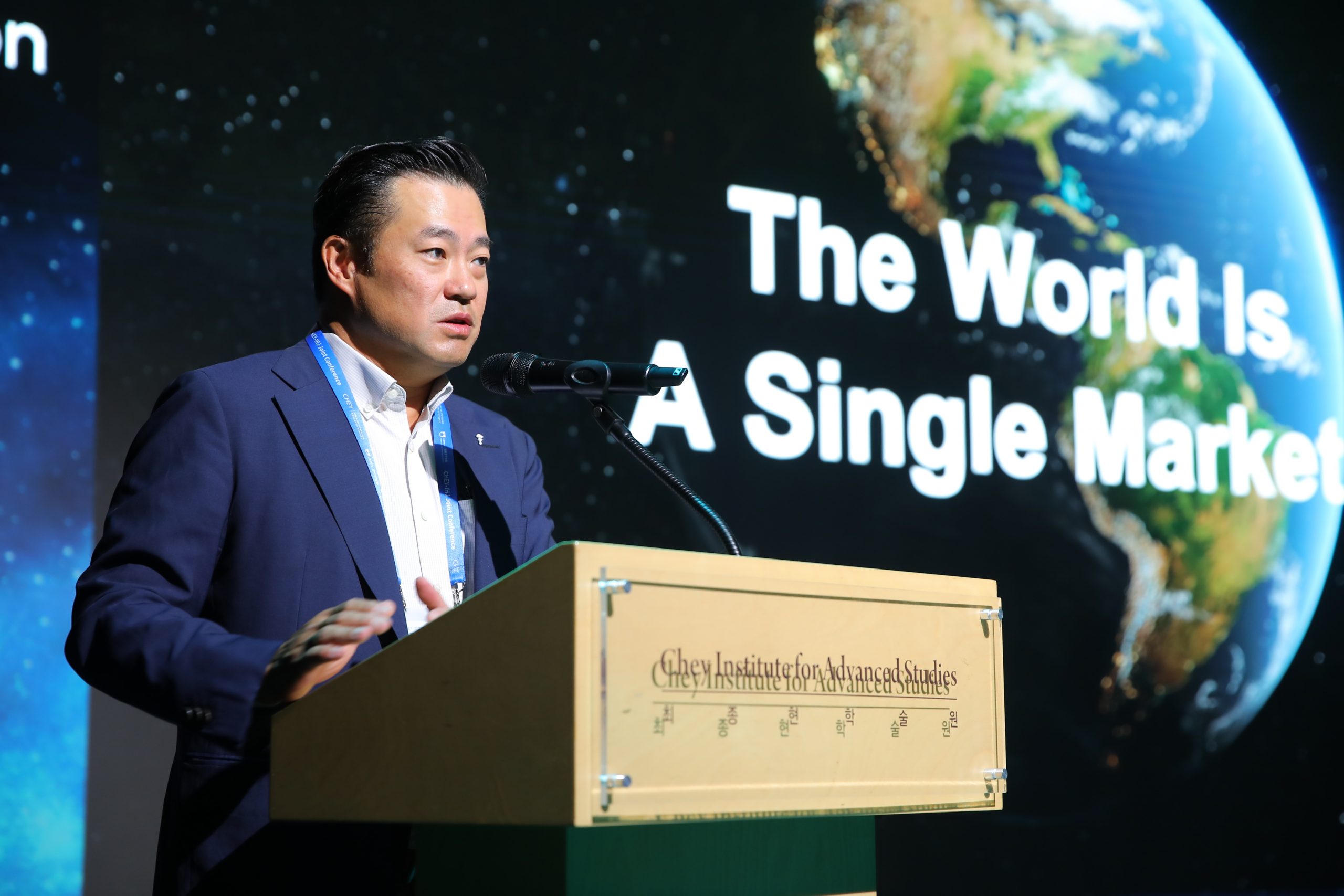
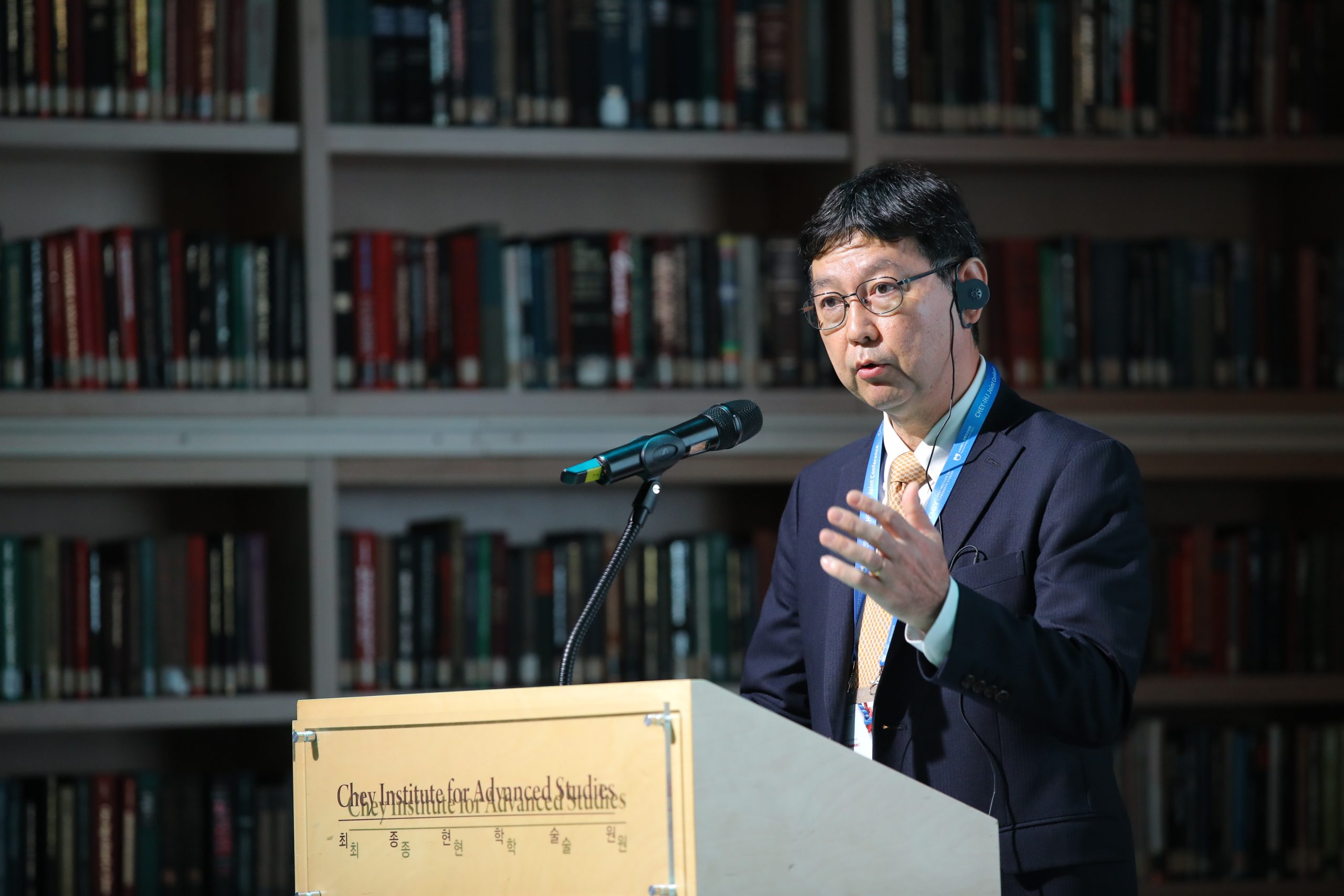
Panel Discussion: The Future of Japan-Korea Startup Collaboration
The panel discussion following Session 1 presented the unique strengths of Japan and Korea in the startup arena. Korea leads in startup funding and unicorn enterprises, while Japan excels in material processing and production technologies. Participants highlighted the importance of revising regulations to enable startups to collaborate freely, proposing a new cooperation model where think tanks define challenges that startups tackle — an ideal pathway for bilateral collaboration.
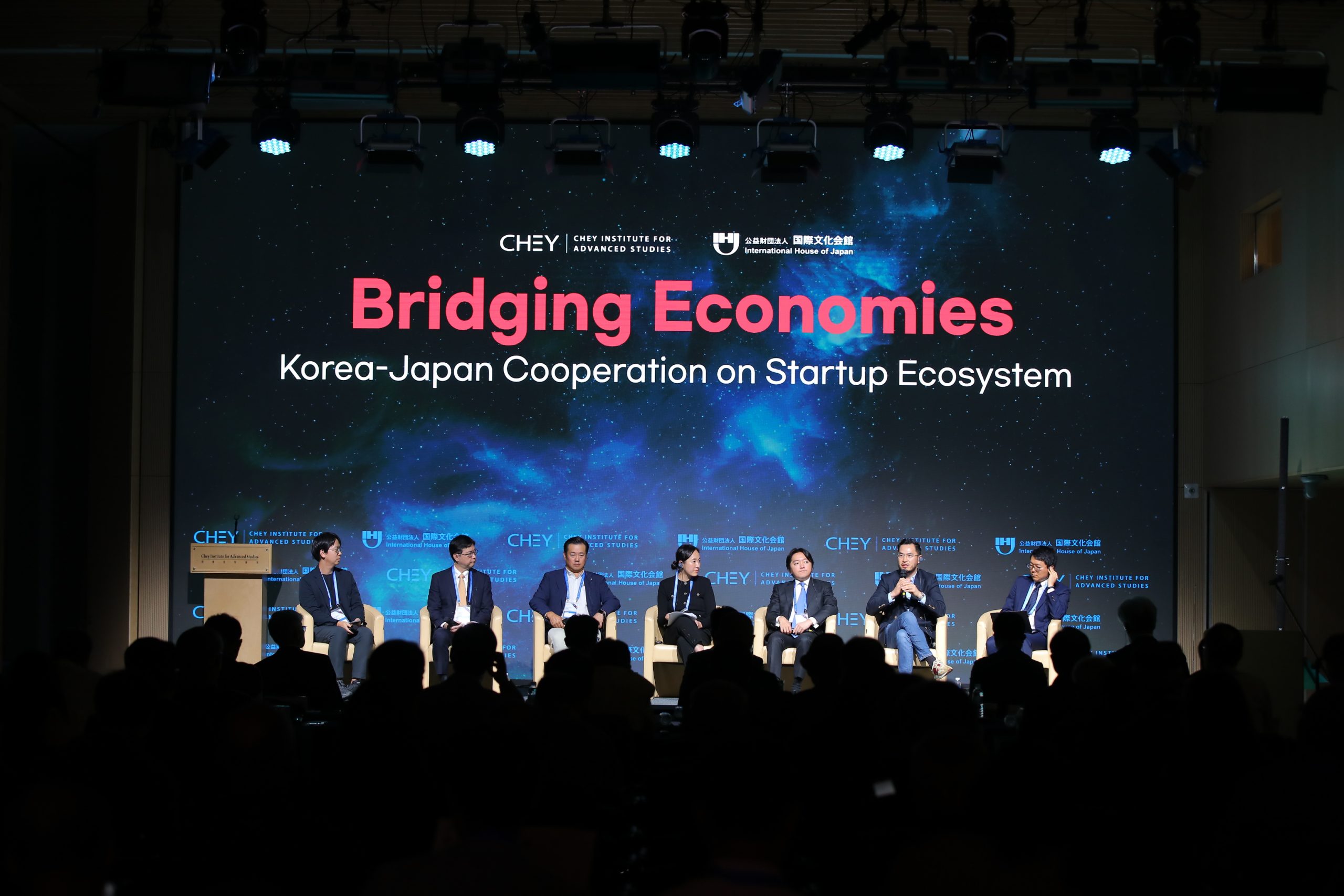
Session 2: Economic Security and Japan-Korea Cooperation
The second session, titled “Economic Security and Japan-Korea Cooperation,” addressed issues of economic security, such as the vulnerability of global supply chains and stable energy resources. Kim Hyeon-wook, Secretary to the President of Korea for Economic Security, underscored the need for securing critical technologies and resources, stressing the importance of bilateral cooperation as part of national security strategy.
Kazuto Suzuki, Director of the Institute of Geoeconomics, IHJ, pointed out the era where geopolitics and economics converge, highlighting Japan’s economic security strategy. He emphasized two key concepts: “strategic autonomy,” which ensures a resilient economy against external pressure, and “strategic indispensability,” which refers to the necessity of Japan’s technology and production capabilities to other countries, as essential pillars for economic resilience.
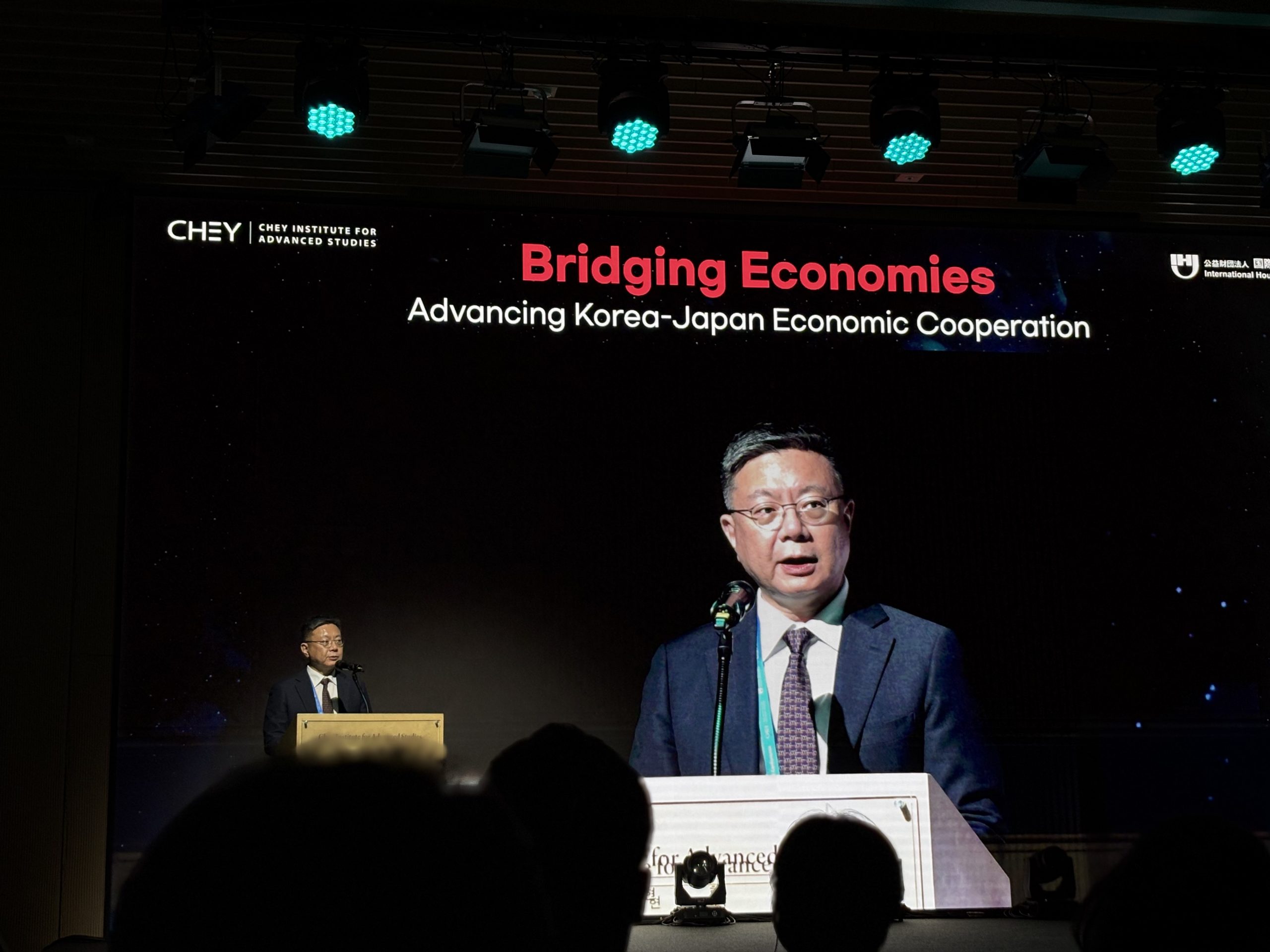
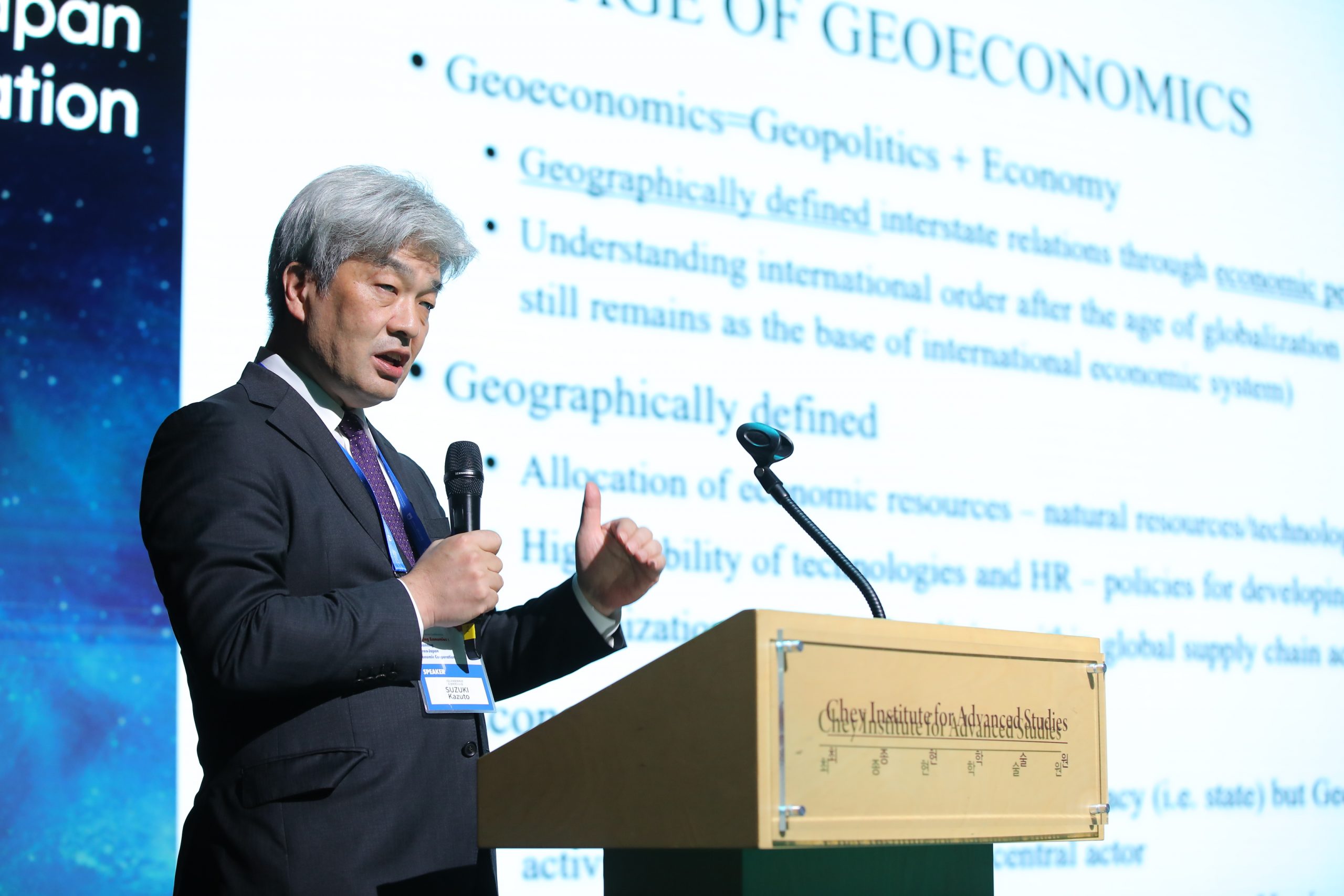
Panel Discussion: Energy Security and Supply Chain Challenges
In the panel discussion following Session 2, participants explored potential frameworks for joint LNG purchasing between Japan and Korea. The critical need to secure maritime routes that serve as vital lifelines for both countries was also highlighted. Participants discussed the challenges of industry transformation toward decarbonization, emphasizing cost burdens and solutions, particularly around hydrogen and ammonia fuels. Such cooperation between Japan and Korea in decarbonization initiatives is seen as essential for achieving the 2050 net-zero targets.
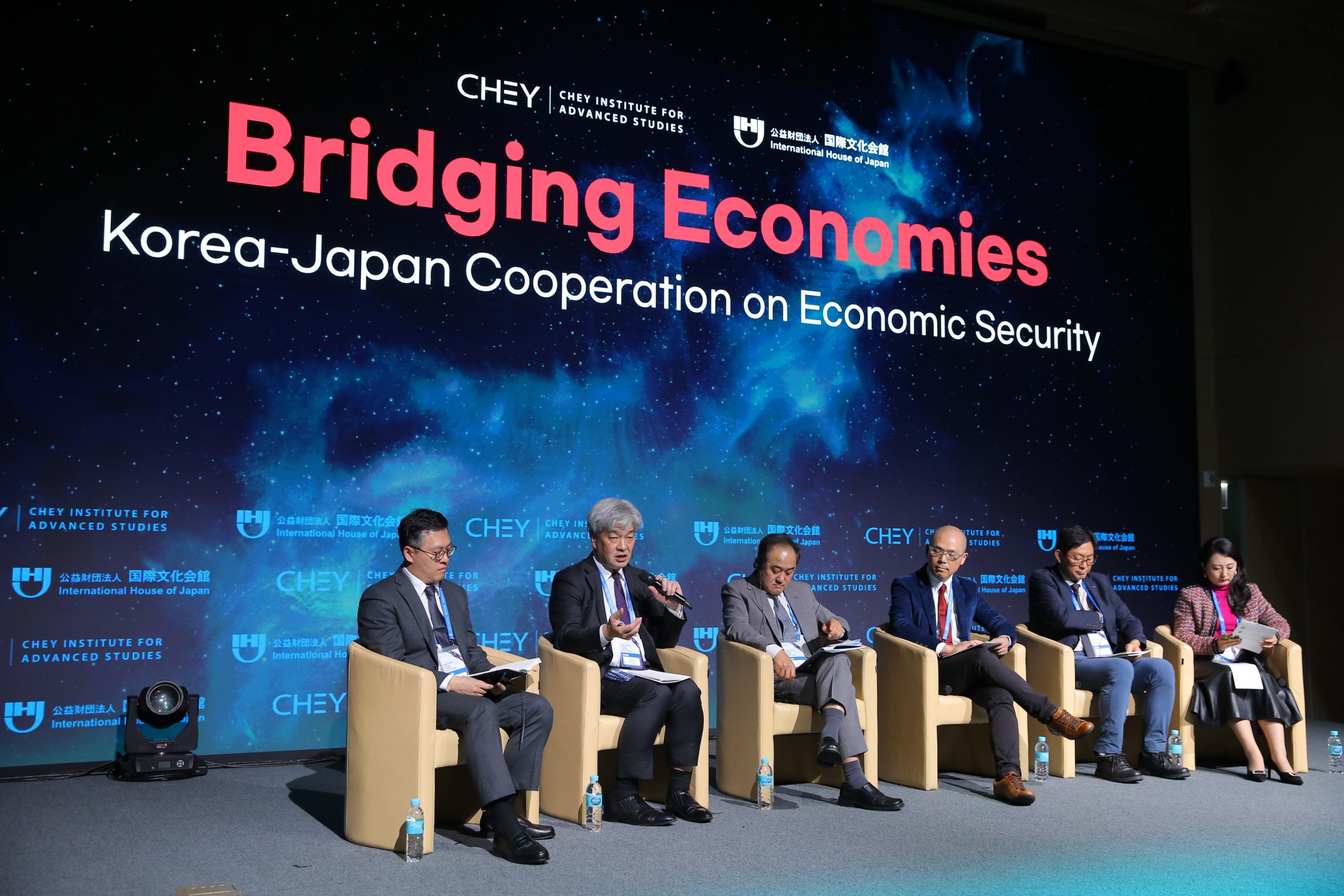
Toward the Future of Japan-Korea Relations
The conference reaffirmed the need to strengthen cooperation based on shared strategies, values, and culture. Japan-Korea relations are expected to advance to a new stage, contributing to stability across Asia. Both countries are anticipated to take on leadership roles, collectively contributing to the establishment of regional order. The International House of Japan and the Chey Institute for Advanced Studies will continue to promote mutual understanding and collaboration between Japan and Korea.
 APIニュースレター 登録
APIニュースレター 登録